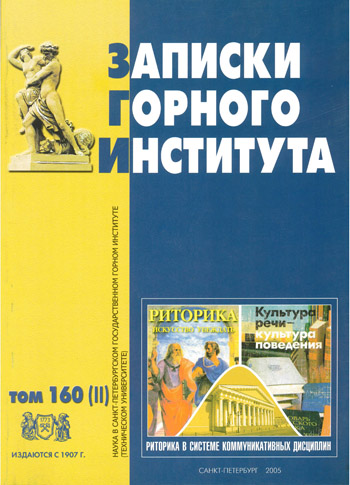Stereotypes as sociocultural markers of individual speech behavior
Authors:
About authors
- Ural State University
Abstract
The article deals with speech-behavioral and mental stereotypes of plain speech culture. These stereotypes become a source of sociocultural knowledge and allow describing the mechanisms of speech interaction within the communicative-cultural space, as well as at the intersection of cultures. They are expressed verbally in culture as words-habits, ready-made speech formulas, behavioral clichés, chains of train of thought. Being a means of personal socialization, stereotypes mark a person's belonging to a certain type of speech culture, allow to model speech communication in different types of communicative situations.
Область исследования:
(Archived) Speech culture of society: language processes - theory of speech - "Russian language and culture of speech" as an academic discipline
